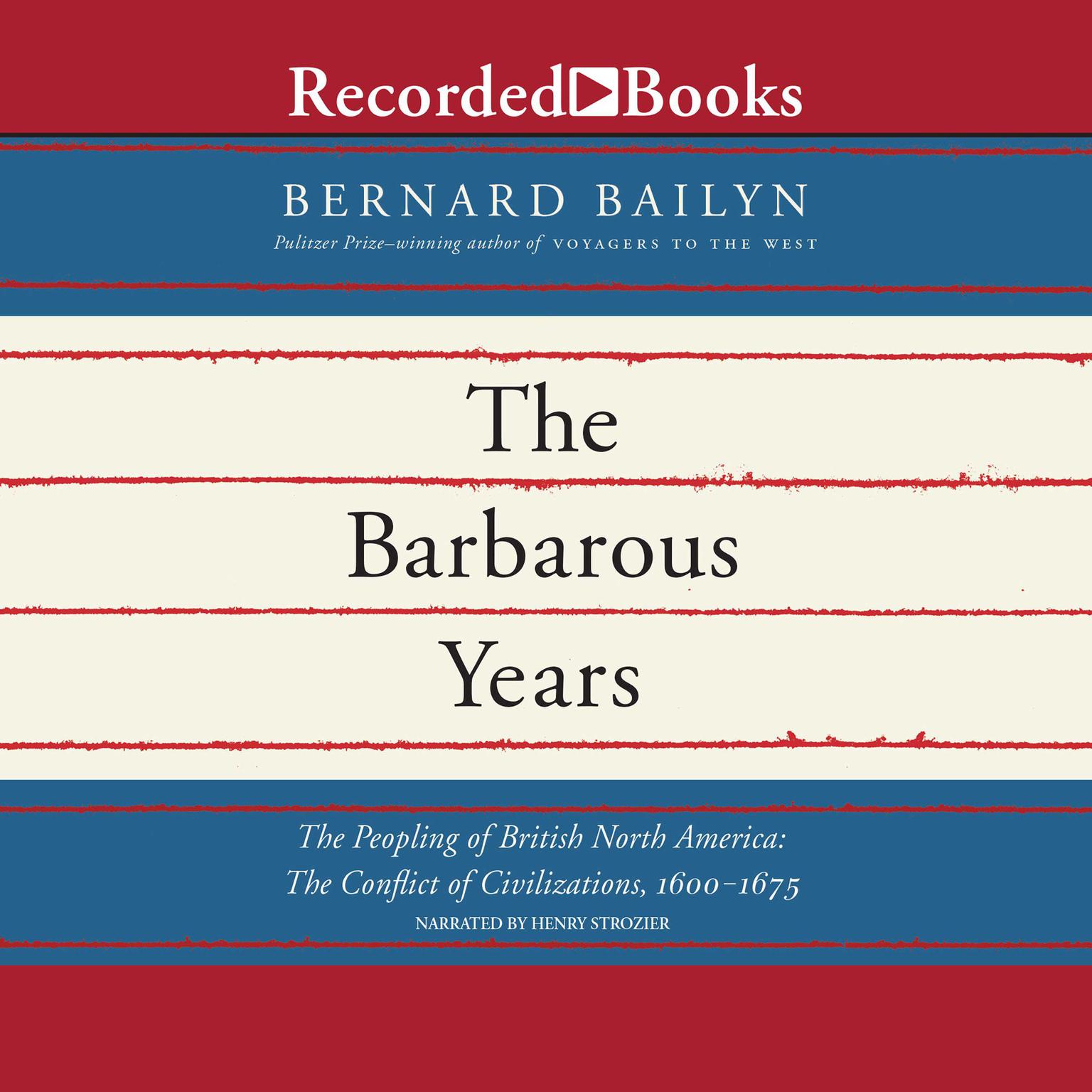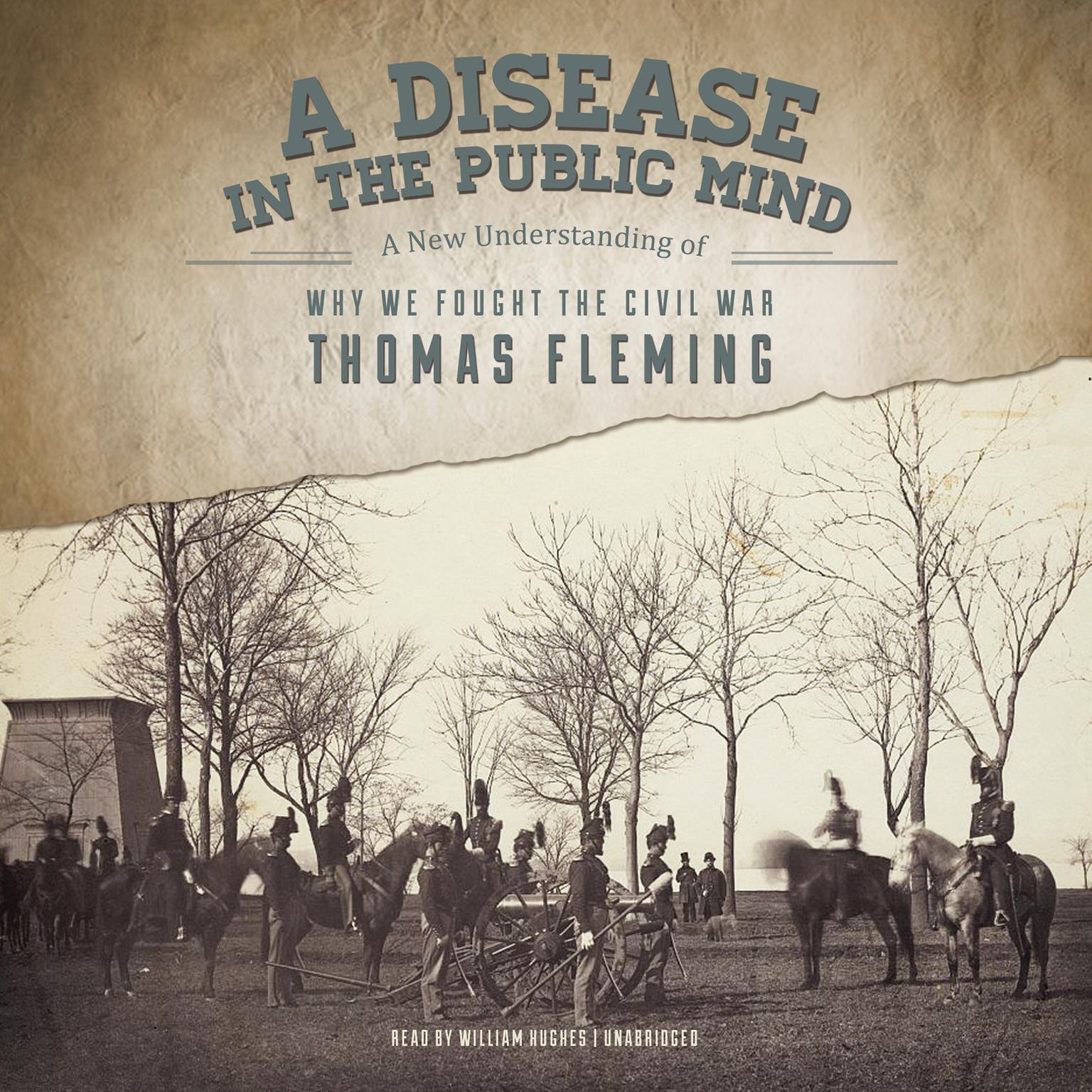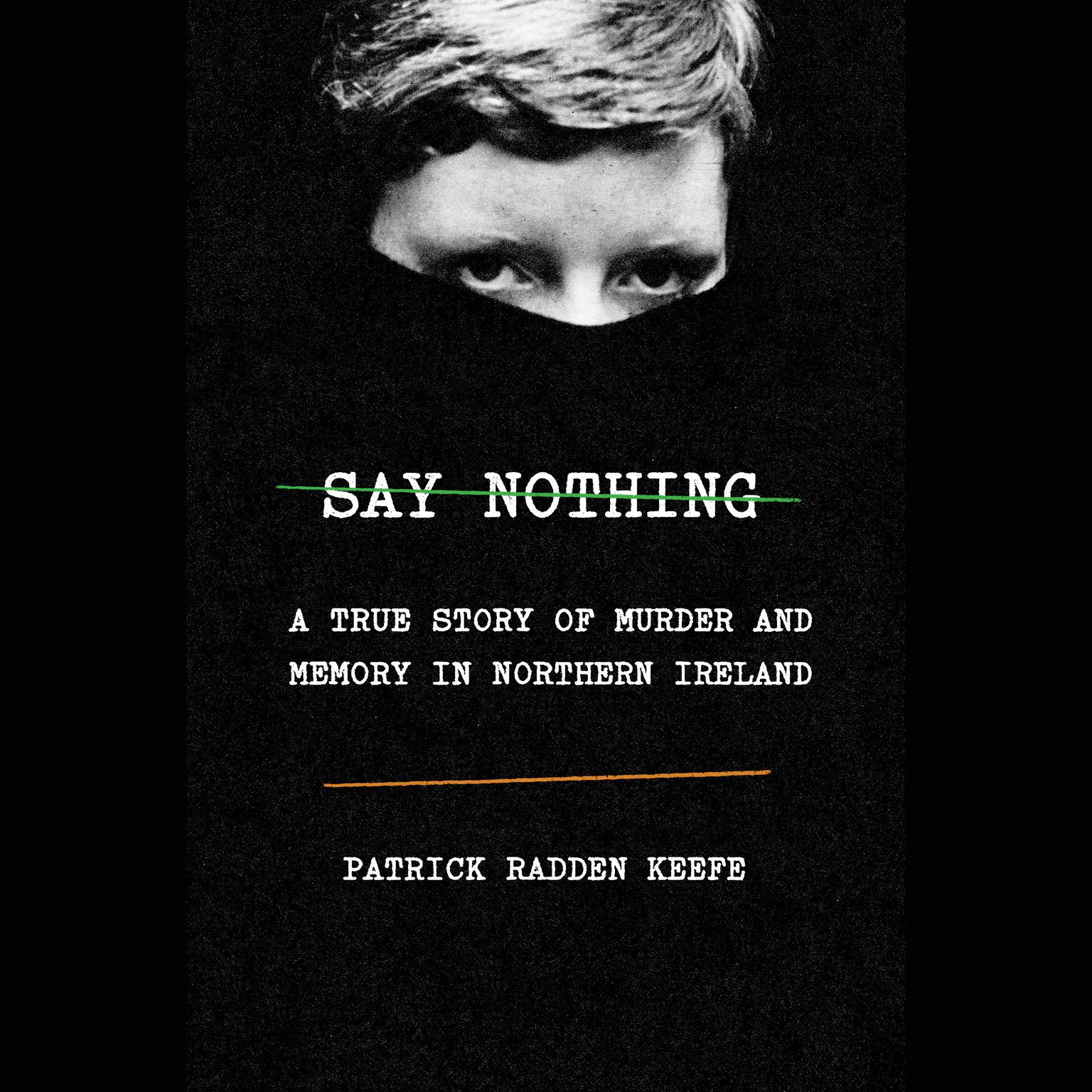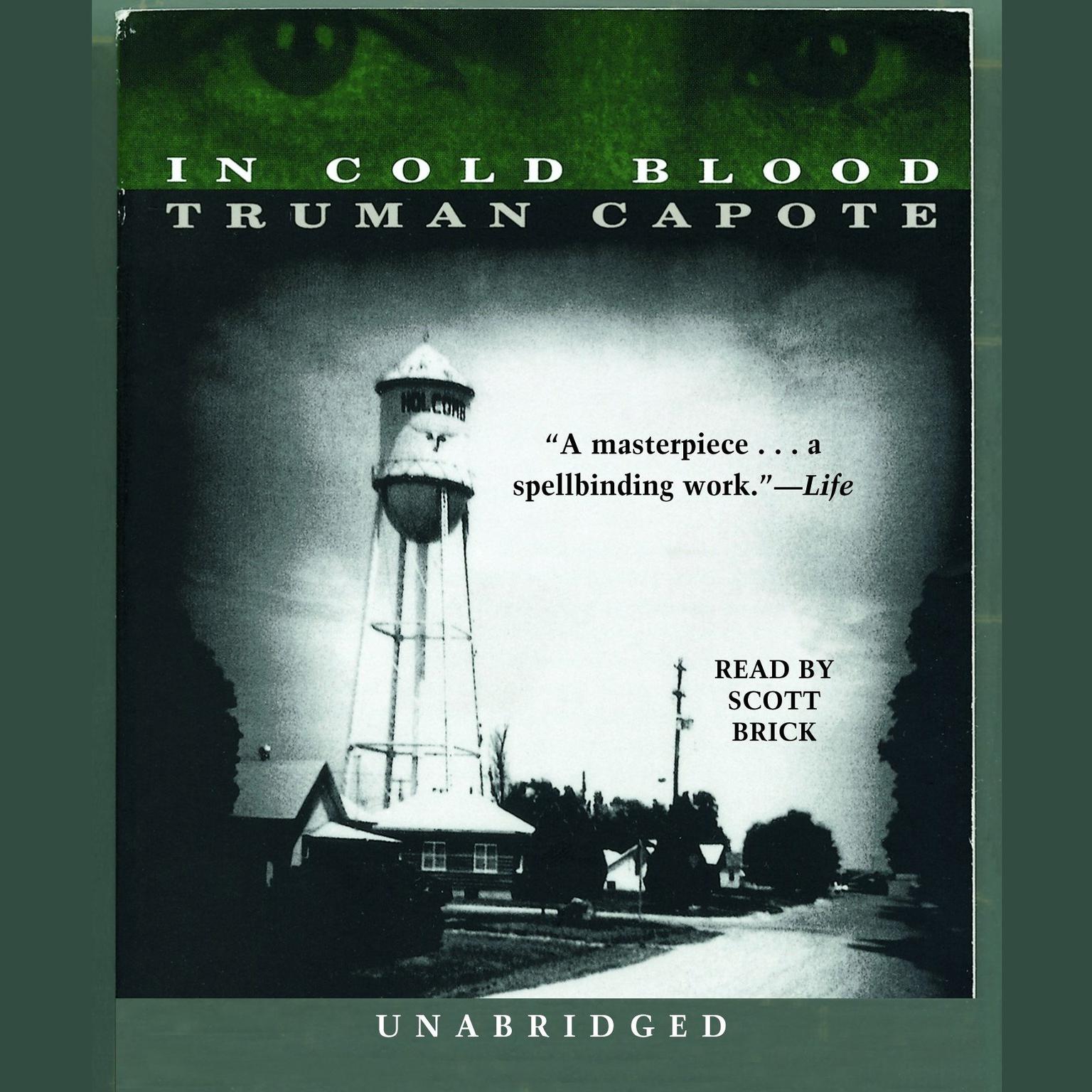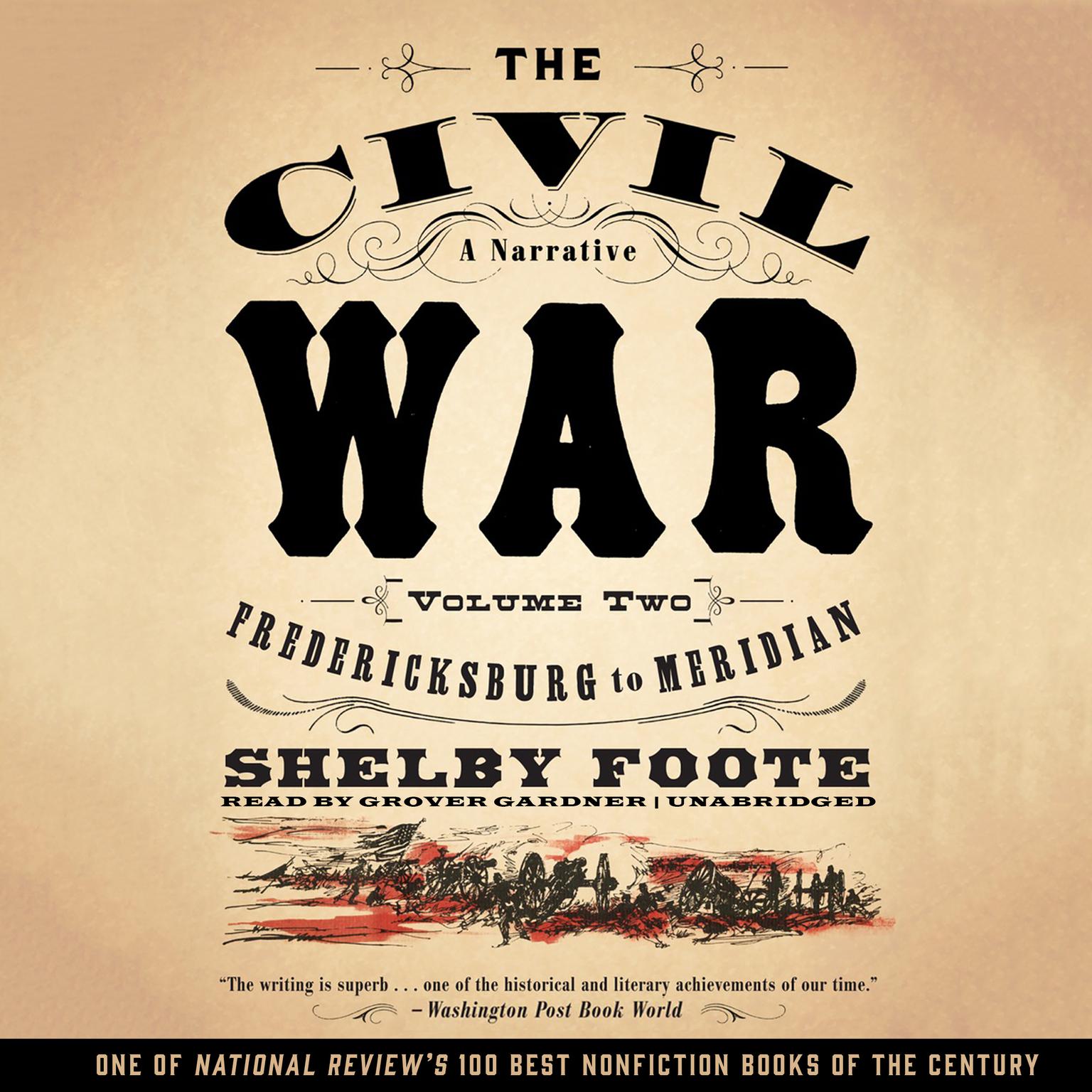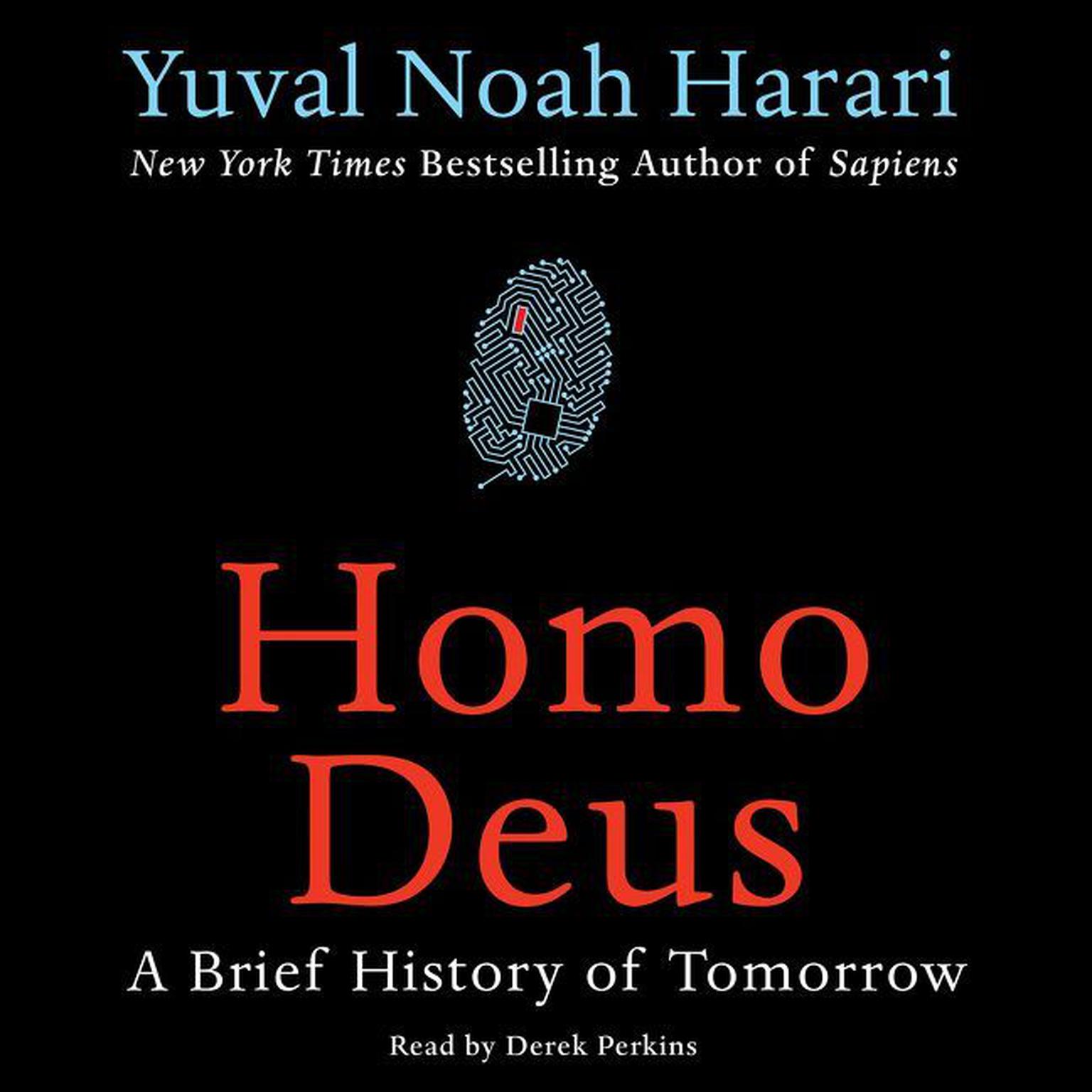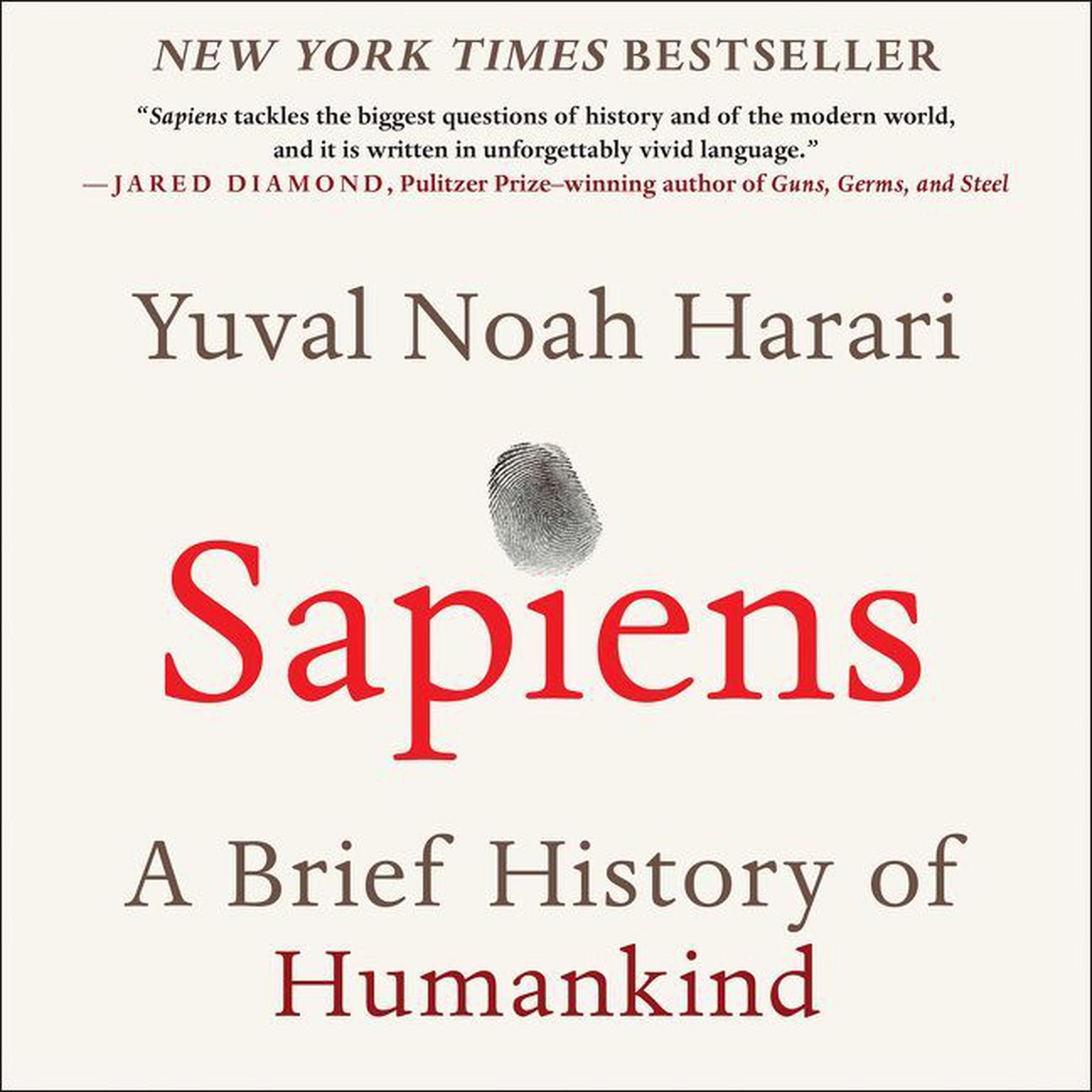Publisher Description
They were a mixed multitude– from England, the Netherlands, the German and Italian states, France, Africa, Sweden, and Finland. They moved to the western hemisphere for different reasons, from different social backgrounds and cultures, and under different auspices and circumstances. Even the majority that came from England fit no distinct socioeconomic or cultural pattern. They came from all over the realm, from commercialized London and the southeast; from isolated farmlands in the north still close to their medieval origins; from towns in the Midlands, the south, and the west; from dales, fens, grasslands, and wolds. They represented the entire spectrum of religious communions from Counter-Reformation Catholicism to Puritan Calvinism and Quakerism. They came hoping to re-create if not to improve these diverse lifeways in a remote and, to them, barbarous environment. But their stories are mostly of confusion, failure, violence, and the loss of civility as they sought to normalize abnormal situations and recapture lost worlds. And in the process they tore apart the normalities of the people whose world they had invaded. Later generations, reading back into the past the outcomes they knew, often gentrified this passage in the peopling of British North America, but there was nothing genteel about it. Bailyn shows that it was a brutal encounter– brutal not only between the Europeans and native peoples and between Europeans and Africans, but among Europeans themselves. All, in their various ways, struggled for survival with outlandish aliens, rude people, uncultured people, and felt themselves threatened with descent into squalor and savagery. In these vivid stories of individual lives– some new, some familiar but rewritten with new details and contexts– Bailyn gives a fresh account of the history of the British North American population in its earliest, bitterly contested years.
Download and start listening now!
“Bailyn’s colonists are no genteel aristocrats
forging distinctive identities but a heterogeneous demographic mix, inhabiting
a ‘barbarous’ world in flux and faced with a future filled with contingency.
While some of Bailyn’s superbly told tales, such as the founding of Jamestown
and the struggle for religious orthodoxy in Massachusetts, are fairly well
known, a multitude of other parts of his narrative will come as a shock to many
readers. Verdict: Drawing on decades of
sound, dynamic research, the author has provided scholars and general readers
alike with an insightful and engaging account of Colonial America that signals
a reset on Colonial studies, the culmination of his work. An important book.”—
Library Journal (starred review)
